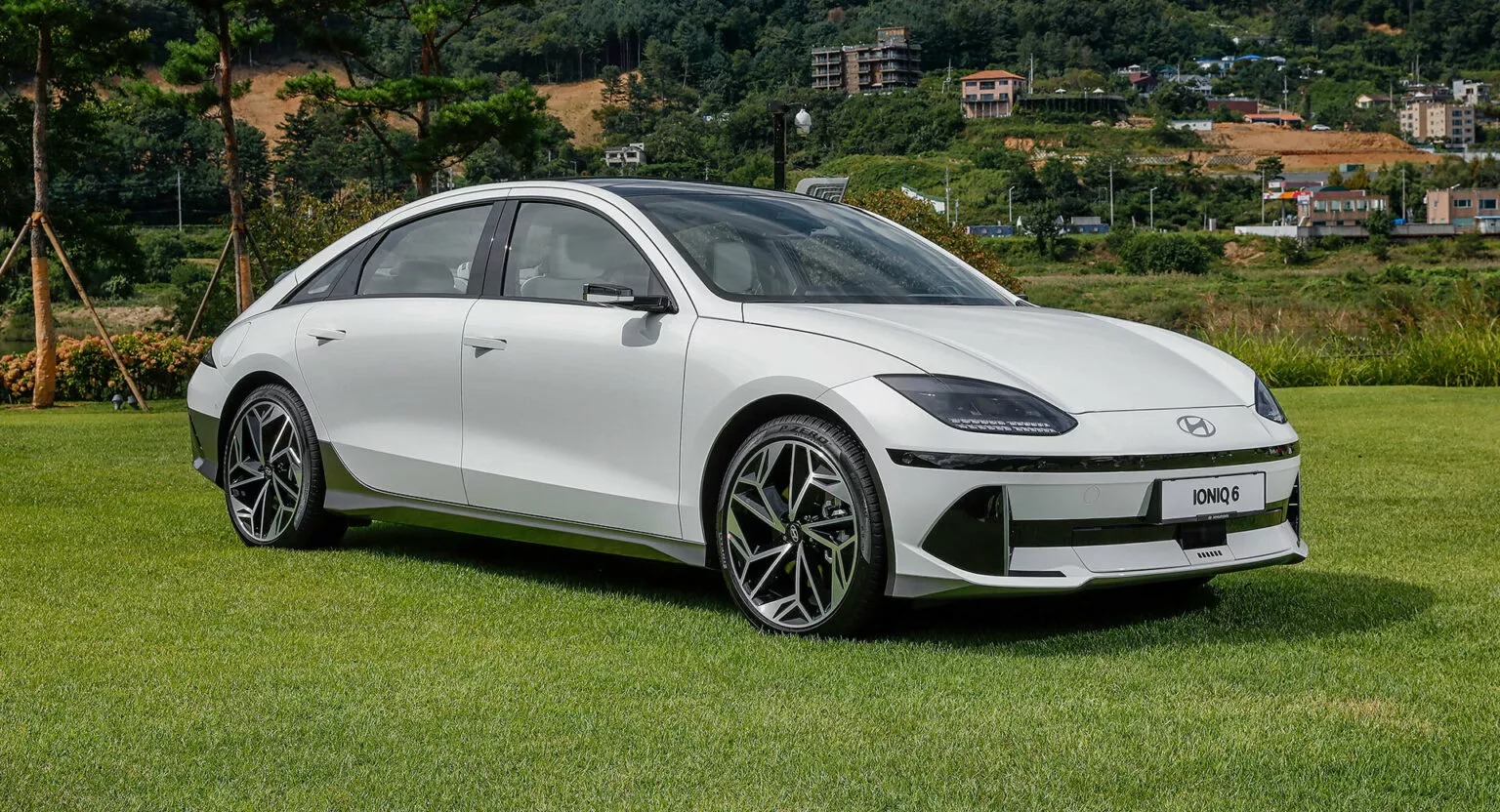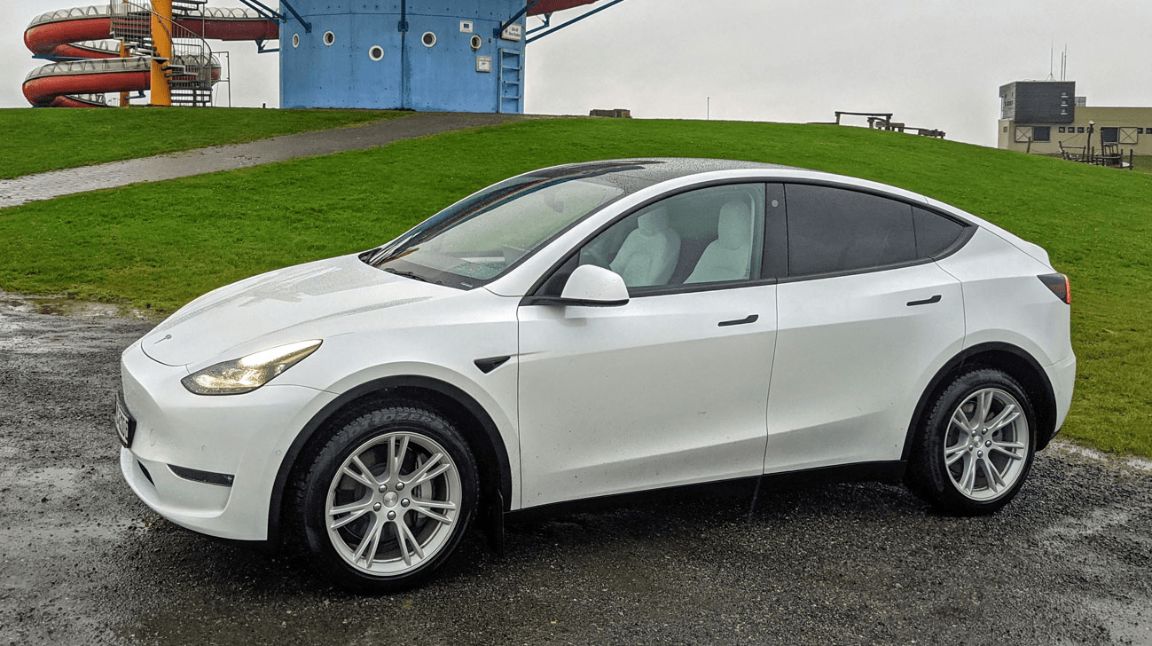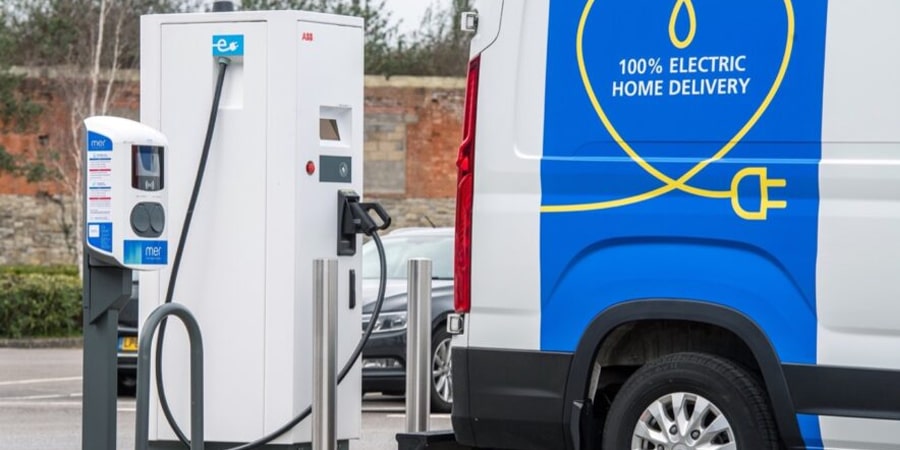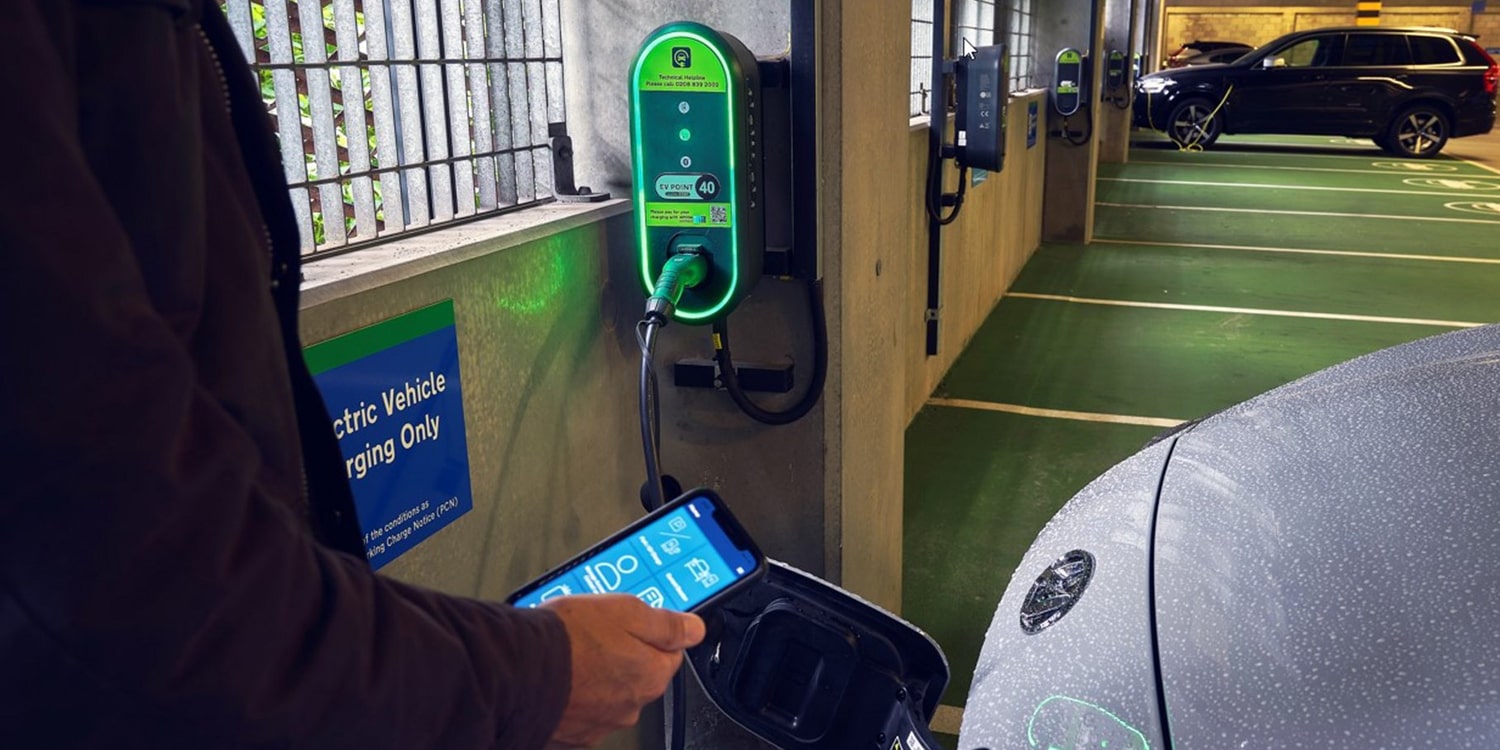President Joe Biden’s ambitious plan to have half of all new vehicle sales in the US be electric vehicles (EVs) by 2030 is facing significant challenges. A new survey conducted by The Associated Press-NORC Center for Public Affairs Research and the Energy Policy Institute at the University of Chicago highlights the difficulties the government might face in meeting this target.
The survey of 5,408 individuals found that only 19% of American adults are “very” or “extremely” likely to purchase an EV for their next vehicle, with 22% saying it is “somewhat likely.” This means that 47% of respondents indicated that it is not likely that they will make the switch to an EV in the foreseeable future.
Furthermore, the survey results revealed that only 8% of Americans currently own or lease an EV, while only 8% of households have a plug-in hybrid vehicle. This data indicates that there is still a long way to go before the majority of Americans will adopt EVs as their preferred mode of transportation.
The survey respondents cited several reasons why they are hesitant to purchase an EV, with 60% citing the high cost of an EV as a major reason. Half of those polled also mentioned that there are too few charging stations available, while 41% cited battery technology as a significant concern. Additionally, 40% of respondents stated that they prefer a gas engine vehicle, and 38% cited long charging times as a significant reason to avoid purchasing an EV.
The average cost of an EV in the US is over $58,000, making it unaffordable for many households. Although the federal tax credit offers up to a $7,500 discount for new EVs, only select models are eligible. This makes purchasing an EV out of reach for many Americans.
However, the survey found that younger consumers are more open to the idea of owning an EV, with 55% of adults under 30 being “somewhat likely” to purchase an EV for their next car. Furthermore, 49% of adults aged 30 to 44 are also likely to do the same. This data suggests that there is a generational shift in the automotive industry, with younger generations showing more interest in EVs.
President Biden’s goal of having half of all new vehicle sales be EVs by 2030 is a laudable target, but it may be challenging to achieve. The high cost of EVs, limited charging infrastructure, and concerns about battery technology and long charging times are significant obstacles to widespread EV adoption. Nevertheless, the younger generation’s enthusiasm for EVs is a positive sign, indicating a potential shift in the future of the automotive industry.







